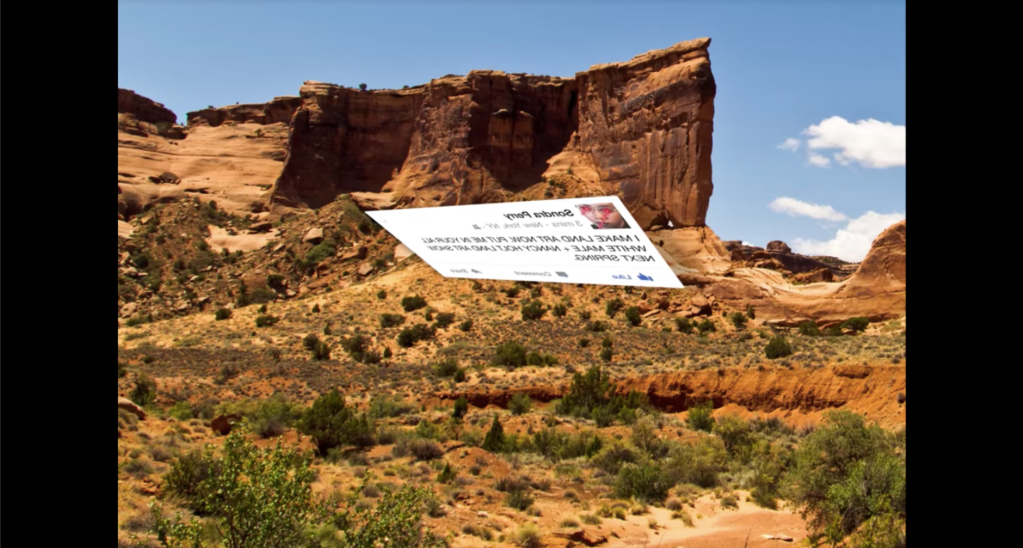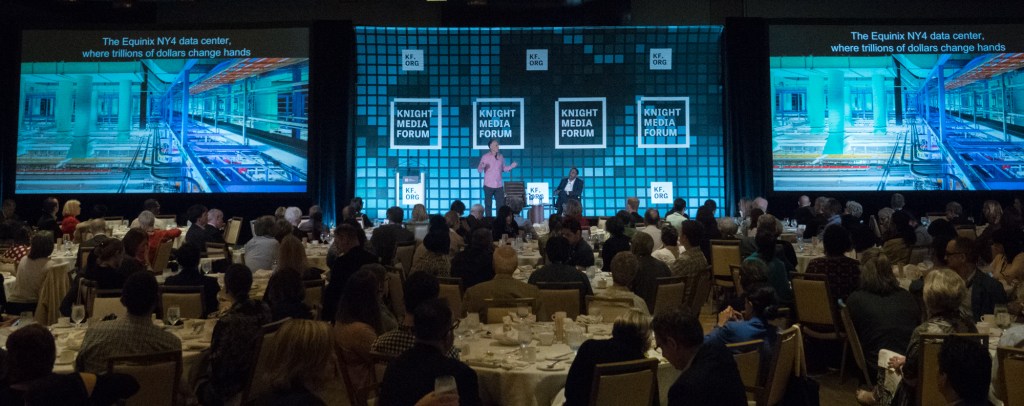
Working to create a digital social memory for all
Knight Foundation recently awarded Rhizome a Knight Prototype Fund grant to build and test Colloq, an archiving tool for social media conversations. As we approach the next Knight Prototype funding deadline on Nov. 16, Rhizome’s Artistic Director Michael Connor, talks about the tool’s progress.
Rhizome is turning 20 years old next year. That’s as old as the Met, in Internet years. And just as the Met cares deeply about, say, tapestry preservation, we care deeply about digital preservation. Ensuring continued access to legacy digital culture, especially to the 2000-plus born-digital artworks in our own archive, is a consuming passion for us.
Our project for the Knight Prototype Fund was called Colloq, a tool for creating contextual archives of difficult-to-preserve online practices such as social media interactions. Rather than treating them as static objects or big data sets, Colloq sought to treat conversations as highly specific events, understood in context. We sought to offer users a tool to archive behaviors for subsequent micro-level research and citation.
These kinds of conversations are sometimes silly, but they’re also an important part of recent cultural history. For example, a 2007 discussion thread from Rhizome’s website was recently cited in an article in Artforum, a contemporary art magazine. While this conversation on Rhizome happened almost 10 years ago, it offered rich insight into the issues that these artists were thinking about at the time, and it’s readily accessible to the public and to researchers.
These kinds of online discussions – about art, and about everything else – are mostly now happening on social media, and are increasingly difficult to refer to later.
Our hypothesis was that there was demand from both Internet users and institutions for a system that could create high-fidelity archives of social media experiences. Our approach to this hypothesis was to build a prototype, consult with users and explore potential privacy issues with experts on the matter.
At first, we thought we would make a standalone project built on the back of existing free software tools. To that end, we enlisted the help of Ilya Kreymer, who was working on a free software project called Webrecorder, and named him as a technical consultant on our Prototype Fund application.
Over time, that partnership deepened, and we ultimately abandoned the idea of Colloq as a separate entity, and instead put our energies behind Kreymer and his Webrecorder project, which is now under Rhizome’s auspices. Now, you can visit http://www.webrecorder.io to request an account, which will allow you to create your own dynamic web archives as we further test the platform.
Our initial question was, will this type of archive work? We found that it does work, and now our challenge is to make it accessible to individuals, communities and institutions, while finding ways to preserve the conversation’s contextual integrity and protect individual privacy. When we do, we expect Webrecorder will serve the larger cause of creating a digital social memory for all.
Recent Content
-
Artsarticle ·
-
Artsarticle ·
-
Communitiesarticle ·



